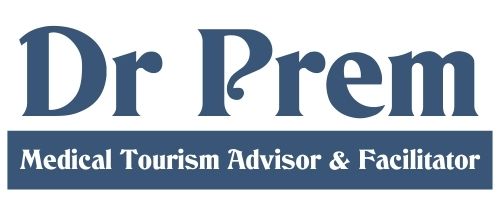Maxillofacial Surgery
Maxillofacial surgery is specialized surgery of jaws and face to correct the deformities, repair injuries and treat diseases.
- The surgery is carried out by a qualified surgeon who is known as an Oral and Maxillofacial surgeon.
Why is it needed?
Conditions for maxillofacial surgery are:
- Facial injury caused by severe accident
- Birth deformity
- Gum diseases
- Severe orthodontic deformity
- Cancer patients with facial tumors
Facts and Figures
- Maxillofacial surgery is a special branch of dentistry, one of nine dental specialities
- Hugo Obwegeser is considered to be the pioneer in orthognathic (or facial skeletal) surgery. He introduced this surgery to the US surgeons
- Luc Chikhani reconstructed the face of Trevor Rees-Jones face, which had been injured in the car crash which killed Princess Diana
- Maxillofacial surgery is usually performed in emergency cases
- 3 million or more surgeries are performed every year in the States, most of which are victims of vehicle accidents
Advantages
- This surgery treats injuries and deformities
- Maxillofacial surgery improves facial appearance which helps patient to regain self-esteem and confidence
- Gives relief from discomfort and pain due to gum disease
Disadvantages
- Permanently deformed face due to improper surgery
- Damage to facial nerves resulting in loss of taste, smell, sensation and facial movement
- Bone graft rejection and fractured bone not joining
- Facial scars
Risks and Complications
- Reaction to medication or anesthesia
- Infection of the surgical wound
- Bleeding
- Pulmonary embolism
- Deep vein thrombosis
- Incomplete treatment or correction
- Chronic sinusitis
- Muscular damage
Pre-operative preparation
- Full body physical examination
- Urine and blood analysis
- Consult dentist to know which medicines are allowed or not allowed week before procedure
- Inform about any smoking or alcohol habits
- Arrange for work leave, help with household chores, driving and recuperation period
- No eating or drinking anything after midnight, night before the procedure
- Medical tourists should take up comfortable lodgings near the clinic
Post-operative care
- To ensure proper healing and control pain, patients have to take their medication regularly
Do’s, Don’ts and Precautions
- Do not spit or rinse for 24 hours post surgery
- Do keep tongue and finger away from surgical area
- Do use ice on surgical area for 24 hours, applying for 20 minutes and removing for 10 minutes
- Drink lot of fluids
- Don’t use straws
- Chew gum to relax stiffness
- Use warm, moist heat to the face’s muscles to reduce jaw stiffness
- Rinse with salty water after meals on the first day following surgery
- Don’t eat nuts, seeds, popcorn etc
- Eat soft food
- Apply pressure to surgical area with a small piece of rolled gauze to control bleeding
- No smoking till wounds heal
